Nepali Language Standards: PM Oli Criticizes Informal Media Language
Prime Minister criticizes the use of “Timi” in media, urges respect for the Nepali language
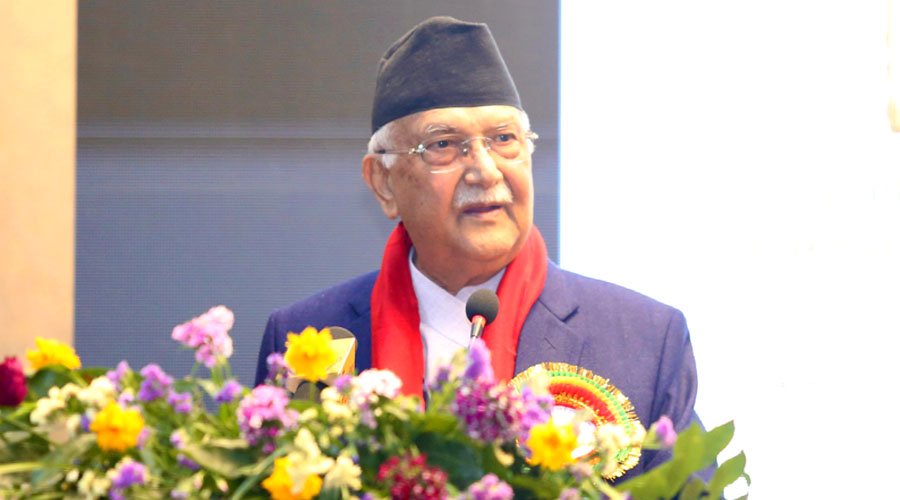
Kathmandu: Prime Minister KP Sharma Oli has raised concerns about declining Nepali language standards in mainstream media. Speaking at the 125th anniversary and 63rd annual celebration of Gorkhapatra Daily, he criticized the growing use of casual pronouns and informal expressions in journalism.
PM Oli Criticizes Use of “Timi” and Informal Language
PM Oli particularly disapproved of the informal pronoun “Timi,” arguing that it undermines cultural hierarchy and respect in Nepali. He praised Gorkhapatra for upholding proper linguistic norms, calling it a benchmark for preserving Nepali language standards.
“Gorkhapatra is seen as a benchmark for pure Nepali language,” he said. “No other paper has done more to preserve our linguistic heritage.” He added that phrases such as “The President happened to say while talking to his grandson” reflect declining language quality.
Comparing Royal and Republican Language Standards
The Prime Minister reflected on the language of the monarchy, noting that exaggerated respect once marked official communication. Today’s media, he argued, has swung too far toward informality.
“Back then, the king didn’t just walk—he traveled. He didn’t sit—he rested. He didn’t sleep—he entered a divine sleep,” Oli said. “Now that the monarchy is gone, should we not show respect to the sons of the people?”
Gorkhapatra’s Role in Upholding Nepali Language Standards
Despite criticizing most media houses, Oli lauded Gorkhapatra for disciplined language and long-standing service. He warned that casual language on digital platforms may erode respect and depth in journalism.
“Today’s media often spreads negativity,” he said. “They use fake intellectualism to destroy reputations and present lies as facts. But Gorkhapatra stands apart.”
Media Language vs Traditional Norms
PM Oli’s speech has reignited debate on language and respect in journalism. Observers note that as digital platforms grow, informal expressions are becoming common, potentially challenging traditional Nepali language standards.
For further reading, see Nepal’s FY 2082/83 Policy and Programme

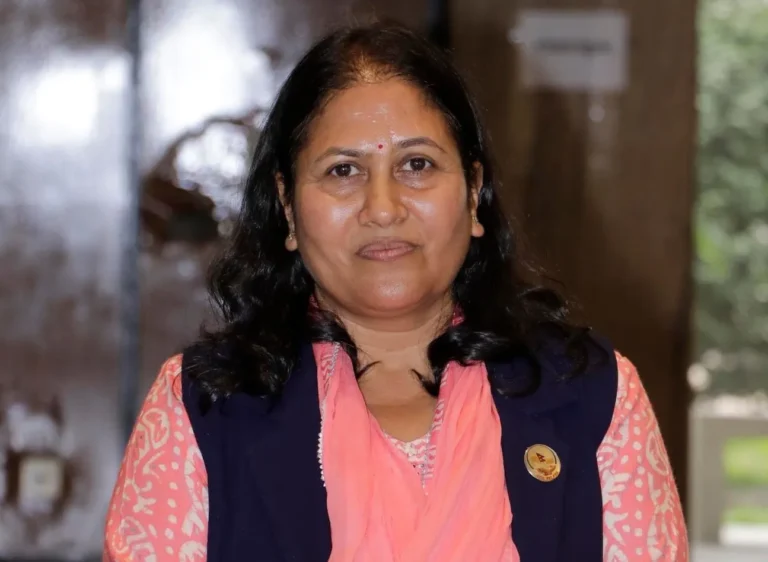
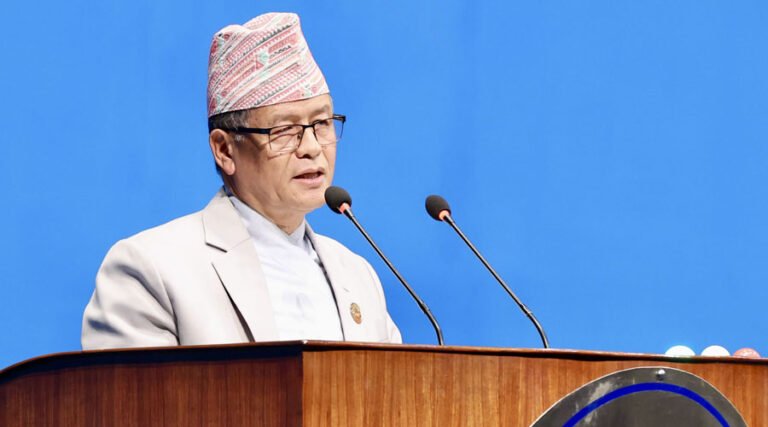
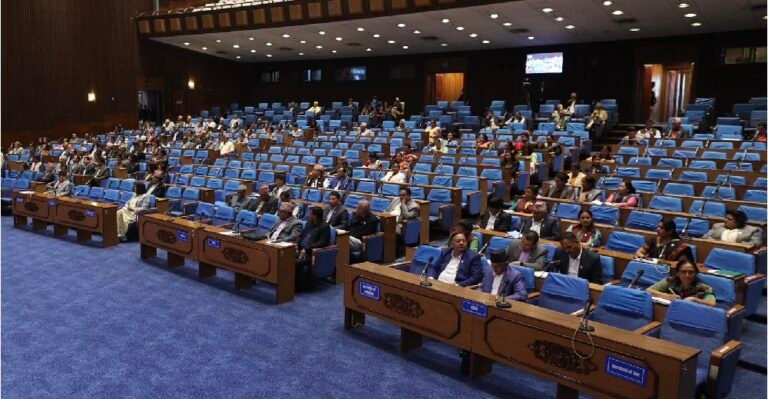
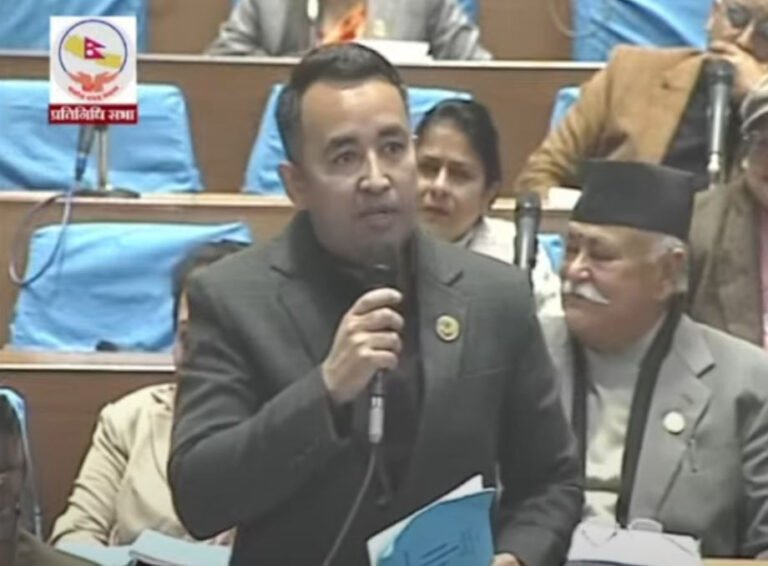
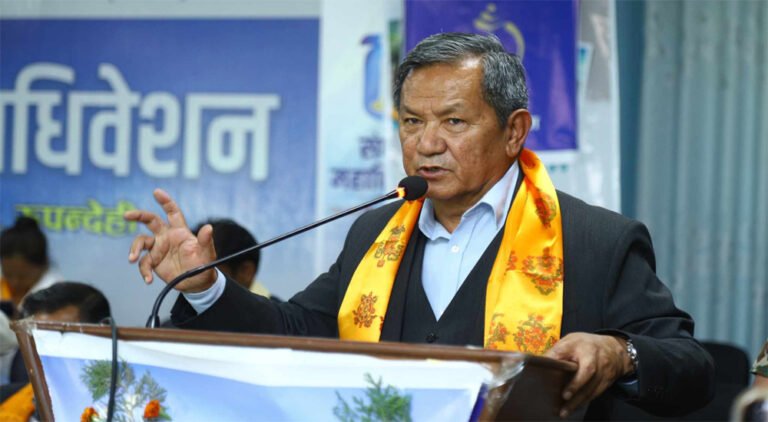
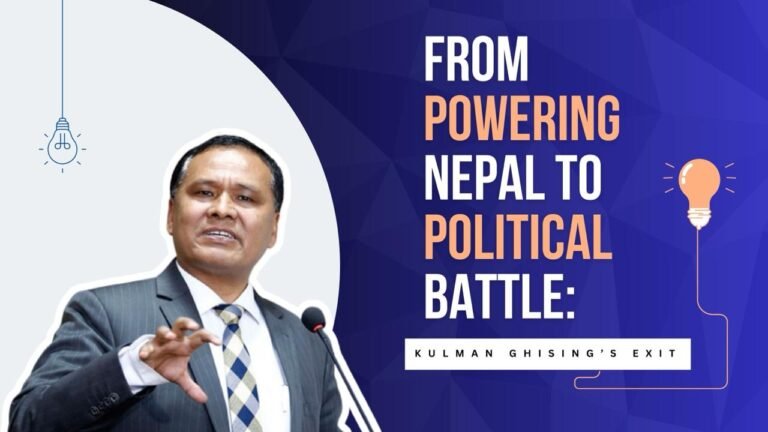
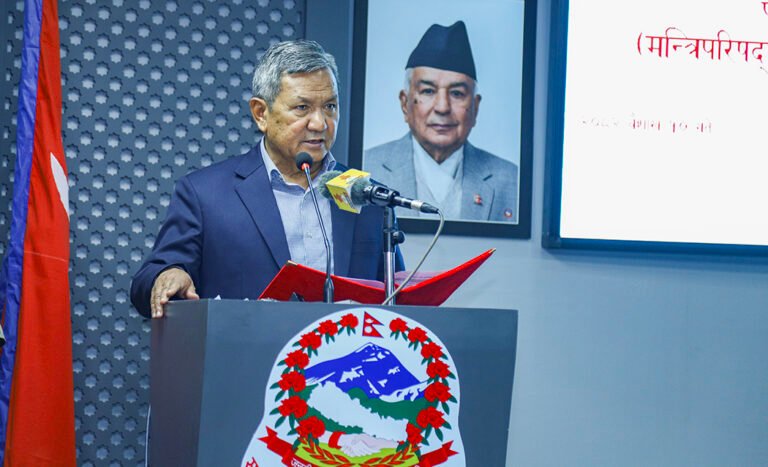
Please login to leave a comment.
Login to Comment